Heirship Claims
Frequently Asked Questions
You file a claim as an heir when you believe you are entitled to the property through the laws of intestate succession.
Heirship claims can be filed electronically on TAP. Search the decedent’s name. In the search results list, choose “Add” for each of the properties owned by the decedent, then click on “Proceed” and follow the instructions provided on each screen. You are the claimant; be sure to enter your information in the claimant section.
Note: If the decedent’s estate or trust is still open, enter the estate or trust name and tax identification number in the claimant section.
Payment can be made to an open estate once a claim is filed and the required documents can be provided to the Department. You will need to provide a copy of a death certificate, proof of the estate tax identification number, and personal representative documents issued by the Court.
In most cases, no. Claims will be paid to an open estate if it is open. If there was no estate, or once the estate is closed an heir can make claim for any unclaimed property following the laws of intestate succession.
An estate is required for the sole purpose of distributing the unclaimed property if the total value of the decedent’s property subject to administration is $100,000 or more.
As the person completing the form, you are accepting full responsibility for the decedent’s property and distributing the claim proceeds to the rightful heirs.
You are also responsible for any tax liability that may be incurred. For example, if there are stocks or mutual funds being sold that were titled to the decedent, you may receive a 1099-B or 1099-DIV as the claimant who received the funds.
You might want to talk with a tax professional before making disbursements of the funds.
A Decedent Family History is a form similar to a family tree and used to determine how the property passes to rightful heirs. The form lists the relatives of a deceased property owner.
If you are not an immediate family member of the deceased individual and do not provide a clear explanation of how you are related to the decedent, additional information may be requested.
The forms will be provided to you by the Department in your claim packet once the claim is assigned and reviewed.
When an estate goes through probate court and the heirs are unknown or unable to be located, the funds are reported to us as an escheated estate. Heirs must get a court order from the county probate court that reported the funds.
Contact Us
Have questions? We're here to help:


